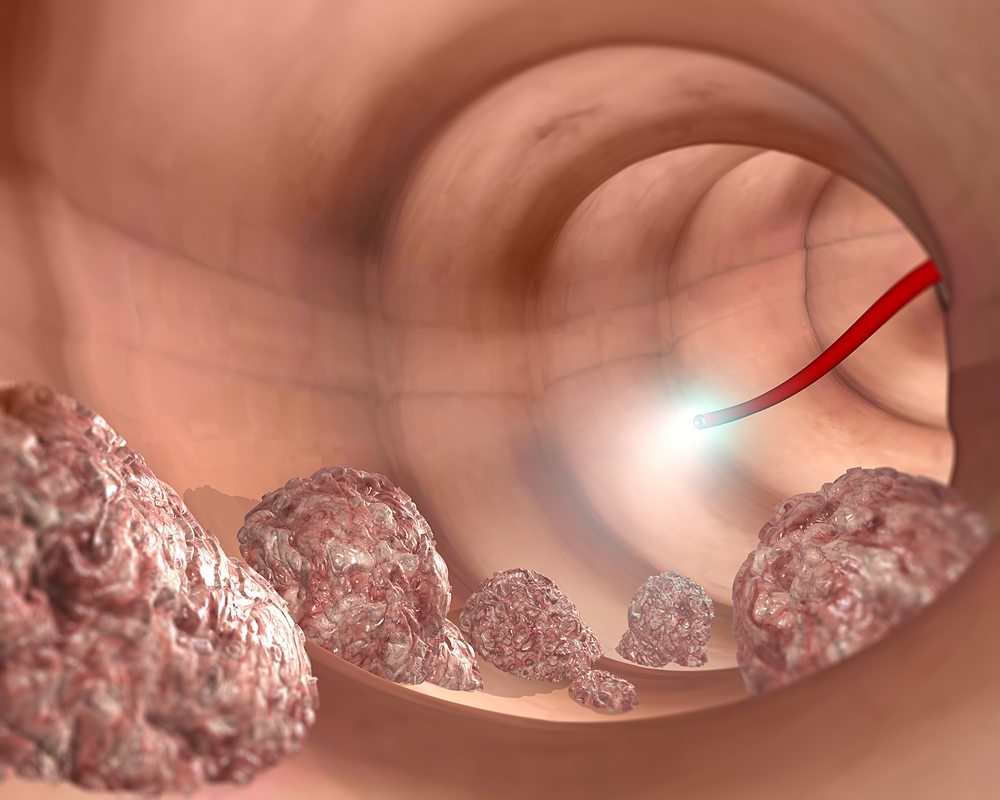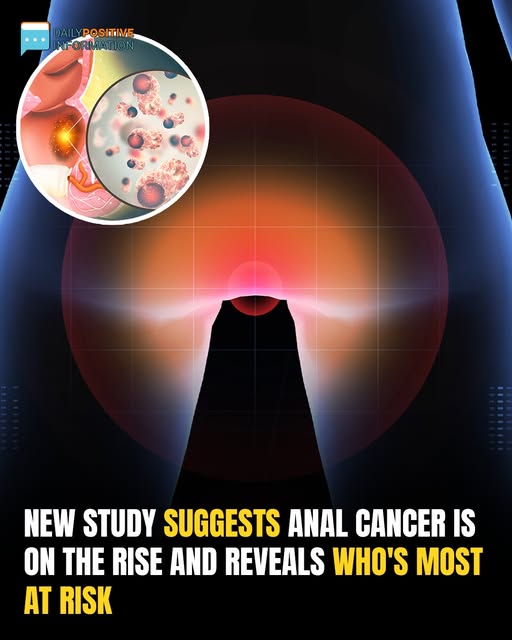A growing health concern has captured the attention of medical professionals worldwide: a noticeable rise in anal cancer cases. Once considered a relatively rare disease, anal cancer is now seeing a significant increase in incidence, particularly among certain high-risk populations. This worrying trend has prompted experts to call for increased public awareness, better screening efforts, and more targeted preventive measures.

Anal cancer develops in the tissues of the anus, the opening at the end of the digestive tract. It is most commonly associated with the human papillomavirus (HPV), a sexually transmitted infection that plays a major role in the development of several types of cancer, including cervical, throat, and anal cancer.
Though it remains less common than other forms of cancer, recent data suggests that the number of new cases has been steadily climbing, especially over the past decade. Experts are now urging the public to become more informed about the risk factors, symptoms, and available protection strategies.
Medical professionals have identified several groups who are at higher risk of developing anal cancer. These include individuals with weakened immune systems, such as those living with HIV or undergoing long-term immunosuppressive treatments. People who engage in certain sexual behaviors, especially those with multiple partners or a history of sexually transmitted infections, also face a higher risk.
Women who have had cervical or vulvar cancer may be more susceptible due to the common link with HPV. Additionally, older adults, particularly those over the age of 50, have shown increased vulnerability as the body’s natural ability to fight off infection and cellular abnormalities diminishes with age.
One of the challenges in diagnosing anal cancer early is that its symptoms often resemble those of less serious conditions, such as hemorrhoids. These may include rectal bleeding, pain or pressure in the anal area, changes in bowel habits, or unusual lumps or sores. Because these signs can easily be dismissed or misunderstood, many cases are not caught until the cancer has progressed to a more advanced stage.
This delay in diagnosis contributes to more complex treatment requirements and a lower chance of successful outcomes. Therefore, early detection is key.
Since HPV plays a critical role in the development of anal cancer, vaccination is one of the most effective preventive tools available. The HPV vaccine, originally introduced to combat cervical cancer, has proven to be effective in protecting against strains of the virus that are also linked to anal cancer. Public health campaigns continue to encourage both males and females—particularly adolescents and young adults—to receive the vaccine before exposure.

Regular medical check-ups, practicing safe sex, and maintaining a healthy immune system are also essential preventive strategies. For high-risk individuals, targeted screening may be recommended, especially if there is a history of HPV-related conditions.
The rising number of anal cancer cases is a clear signal that more awareness and education are urgently needed. While it remains a less common cancer type, its increasing incidence and the impact on vulnerable populations cannot be ignored. Through early detection, vaccination, and public health education, the trend can be slowed—and potentially reversed.
Health experts stress that being informed, paying attention to symptoms, and taking preventive action are the best defenses against this growing threat. As with many health conditions, knowledge, vigilance, and timely medical care can save lives.

















